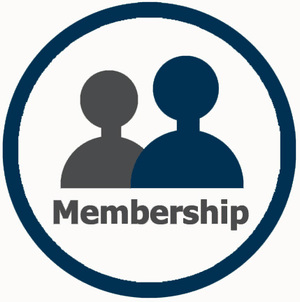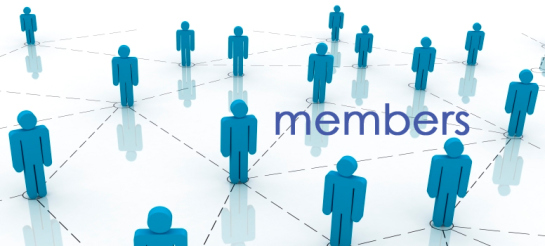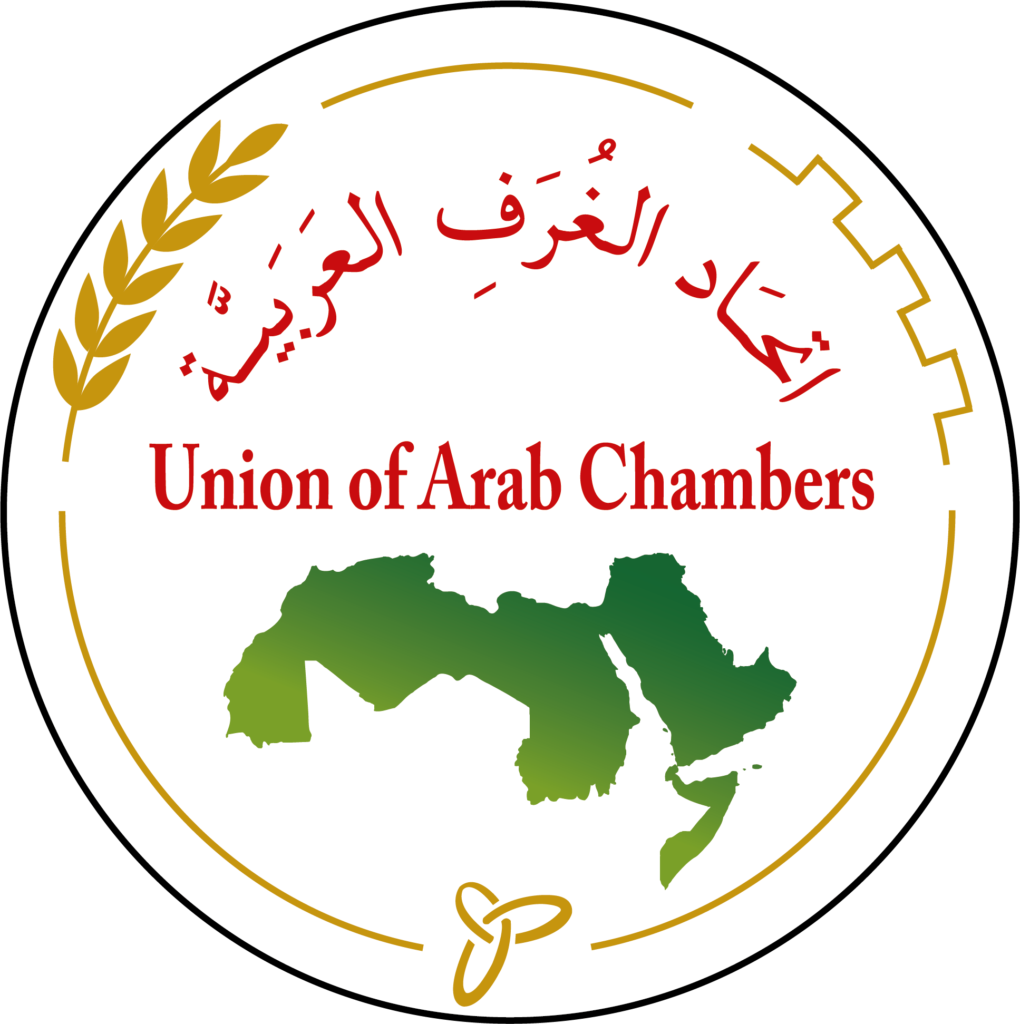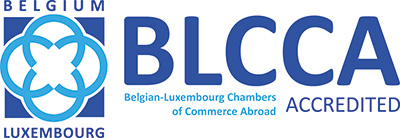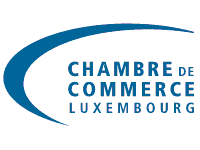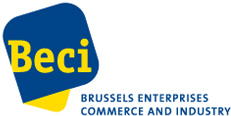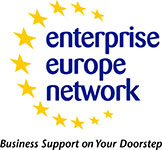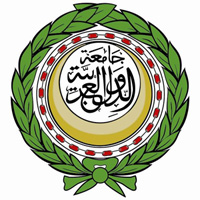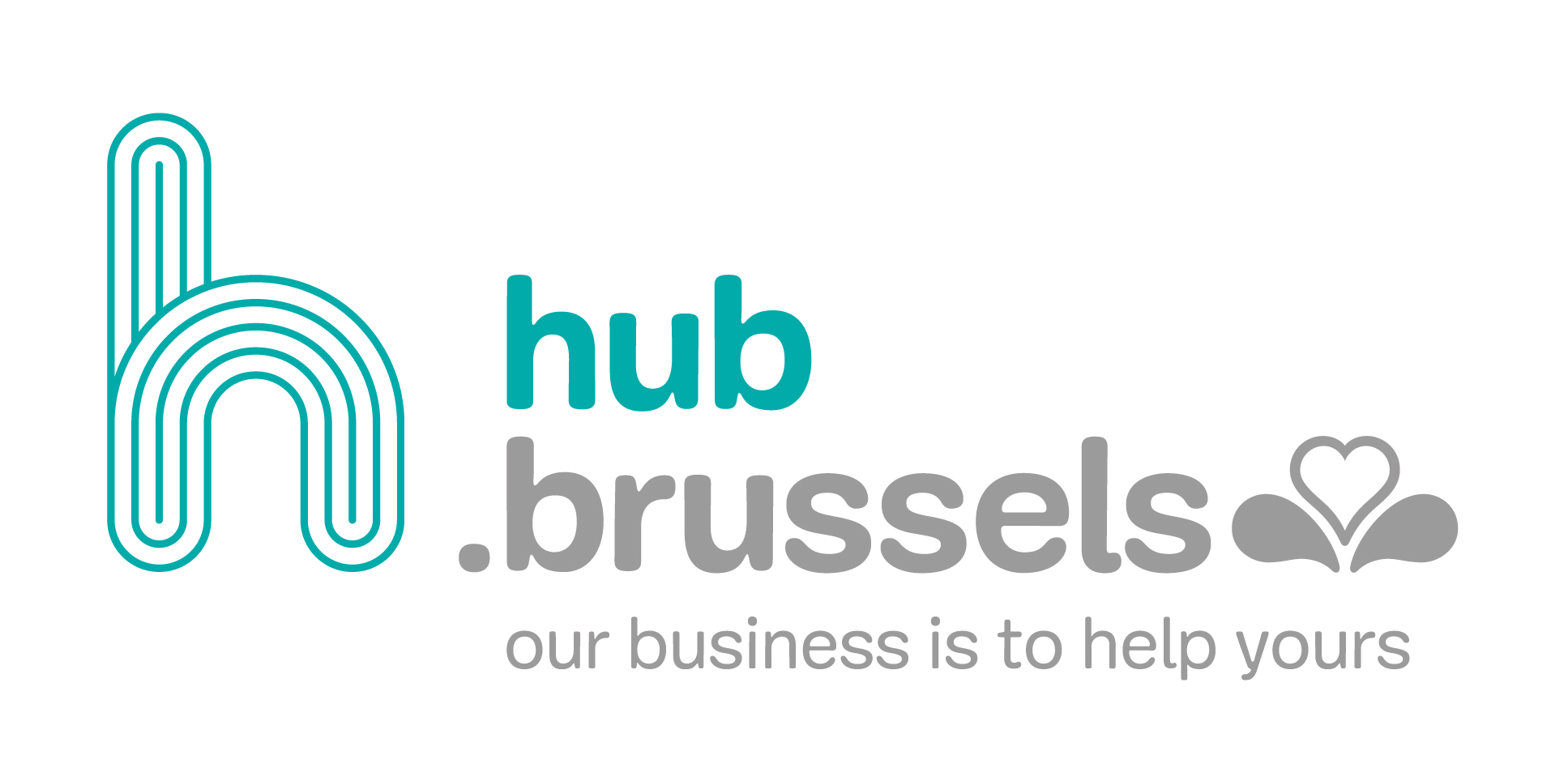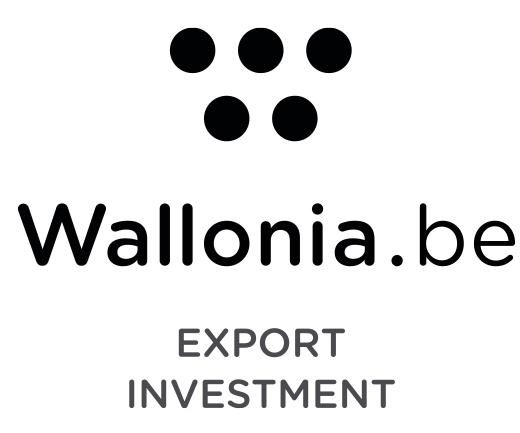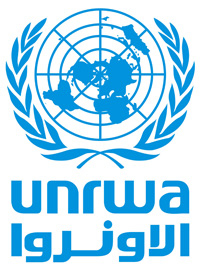Doing Business in Iraq
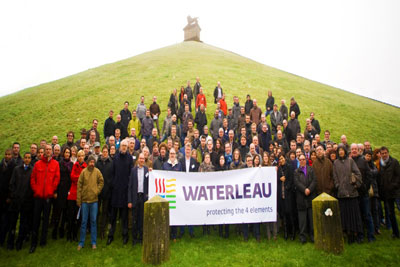
Interview with Mr. Willy Gils, Vice President Sales and Marketing at Waterleau, and Mr. Jean-Michel Gérôme, Managing Director at New Baron and Leveque East
Is there a better way to learn about doing business in the Iraqi market, than by listening to those with extensive experience in the matter? The ABLCC asked Mr. Willy Gils, Vice President Sales and Marketing at Waterleau and Mr. Jean-Michel Gérôme, Managing director at New Baron and Leveque East to share their knowledge on doing business in Iraq.

Based in Liège, industrial plant erection company New Baron & Leveque East’s story in Iraq goes back decades. Its early realizations include the erection of a cement plant in Kufa in the seventies and the assembly of an acid purification plant in Al Qa’im in the eighties. NBLE was there to stay and saw its experience in the Iraqi market bear fruit over the years, its main activity in the country currently consisting in assisting companies who want to set up an industrial plant in Iraq from A to Z. In comparison to NBLE, one could think of environmental solutions provider Waterleau, active in the country of the Shatt al Arab since 2009, as more of a rookie when it comes to doing business in Iraq. But few years and a plethora of successful projects later, Waterleau already considers Iraq one of its key markets for the future.
Originally called Baron&Leveque, NBLE started out as an erection company for industrial plants, constructing cement plants in Europe, Africa and the Middle East. In 2007, Mr. Jean-Michel Gérôme, an experienced cement process engineer, took over New Baron Leveque international together with the Baron Leveque project manager at Kufa Roger Hubart, and renamed it New Baron & Leveque East. ‘Since a few years, NBLE decided to move from plant erection to consulting clients who want to set up industrial plants, as the cost of Belgian technicians and employees in general did not allow NBLE to remain competitive against Turkish, Portugese, Indian and Chinese erection companies’, says NBLE Managing Director Jean-Michel Gérôme. ‘NBLE covers everything from geological investigations up to market research and feasibility studies. Once all results are in and the client has obtained the required funds, we prepare tender documents and assist our clients in the evaluation of offers. We also take part in the ensuing negotiations, to make sure our clients select the best offer in terms of price and quality, and we help them format the contract to avoid any problems posing themselves in the future. Then, we follow up all aspects of the engineering phase from A to Z and assist our clients in the implementation of their project. Some clients also ask us to offer them technical assistance for the daily management of their plant.’
Instead of constructing waste water treatment plants on site, we send construction packages including all material and guide lines in steel containers to Iraq. I guess you could compare it to an Ikea package.
In the case of Waterleau, winner of the 2012 Flanders Export Award, water and wastewater projects were the first point of entry for the sales and marketing of the company’s proprietary technologies in Iraq, says Mr. Willy Gils, Vice President Sales and Marketing at Waterleau. Nowadays, the focus of this top three world player in the environmental services sector is much wider, as it introduces to the Iraqi market technology in fields ranging from water and waste water treatment to energy recovery applications and solid municipal waste and sludge treatment. Gils: ‘Waterleau’s projects in Iraq are located in Baghdad, the Najaf and Mosul provinces and in southern towns as Basrah and Aumara. Current project commitments, including the implementation of two sewage treatment plant projects in the Baghdad governorate and the set up of a water treatment plant in the Maysan governorate, have a total combined worth of nearly 22 million euro.’
How did these companies learn about the opportunities present in Iraq?
Gérôme: ‘With regard to our most recent project, our Egyptian client Aresco recommended the services of NBLE to a Kurdish investor who wanted to expand activities from the agribusiness to the industrial sector. As he was totally inexperienced in this field, he decided to engage our services.’ Gils: ‘In the case of Waterleau, all business opportunities result either from indirect development through local construction companies that are seeking international expertise in the field of environmental protection, or through direct marketing and tendering for existing accounts. The latter was the case for our current projects which are commissioned by the Mayoralty of Baghdad.’
Who did you turn to for advice on the Iraqi market?
Gérôme: ‘The Belgian embassy in Jordan (which is also in charge of relations with Iraq, ed.) put us in touch with Mr. Pascal Hoyez, a Belgian engineer who has built up a lot of experience in the region. It turned out he had developed an extensive network of contacts in Iraq – which he was kind enough to share with us.’ Gils: ‘We mainly rely on our Iraqi partners. We evaluate the entire situation together with them, and try to identify possible problems. And, to be honest, the more problems there are, the less inclined we are to renounce. Because this generally means an interesting opportunity is presenting itself.’
Were you confronted with any bureaucratic or legal hurdles when developing activities in Iraq, and how did you deal with them?
Sectors of oil and gas are steadily growing and bringing funds to Iraq which can be used for the development of all sorts of projects.
Gils: ‘Obtaining visas for Iraqi engineers visiting Belgium is rather time consuming and often delays projects which are in execution. And in general, but this is something that comes with the nature of our business and applies all around the globe, there is always the matter of payment risks. If you send materials on site that represent up to 70 or 80% of total costs, it is always good to be guaranteed that you will get paid. On the whole, I would say bureaucratic and legal constraints encountered in Iraq are not very different from those we have experienced in other countries in the Middle East - North Africa region.’ Mr. Gérôme certainly agrees on the latter point. Moreover, he feels the situation has significantly improved over the years: ‘Before, we had to ask our clients to pay cash, but now we can benefit from an agreement existing between Trade Bank of Iraq and BNP Paribas Fortis, in which the former can offer a letter of credit to Belgian exporters (this is decided on a case by case basis, ed.). Something that may pose problems to foreign companies is that sometimes, Iraqi clients want their products to be delivered on site before they proceed towards making payments. And seeing that local transportation is not something you can always control, this might create a difficult situation. Therefore, it is helpful to have a relationship with your clients based on trust.’
And how do you deal with security risks?
Gérôme: The NBLE office is based in Sulaimaniyah, where security risks are generally low. In our experience, this is the case for the entire Kurdish region in Iraq in general. Gils: At Waterleau, we feel that a creative approach allows you to transform hurdles into opportunities. Many of our past and current projects are destined for Baghdad, where security risks are an undeniable reality. On the positive side, however, this means that the reluctance of many companies to work there creates ample opportunities for those who are willing to adapt themselves to the security situation. At Waterleau, we developed an approach that allows us to minimize the physical presence of our staff on site as much as possible, while assuring the delivery of a maximum value to our Iraqi partners. I’ll give you an example: instead of constructing waste water treatment plants on site, we send construction packages including all material and guide lines in steel containers to Iraq. I guess you could compare it to an Ikea package. For trainings and technical meetings, we invite our Iraqi partners to Belgium or neighboring countries of Iraq, like Jordan or Turkey. What we also sometimes do, is invite our partners to come and have a look at similar installations we established in other countries, like Morocco.
How could commercial ties between Belgium and Iraq be reinforced?
Gils: ‘I feel there is a particular need for specialized construction and technology trade shows, either inside Iraq or in another country in the region, where people from administration, end users, contractors, key decision makers and technology providers could gather. Economic trade missions with dedicated targets would also be helpful. And a facilitation of visa applications allowing business people and their technical experts to visit Belgium more often and with more ease would definitely be a major improvement. ’
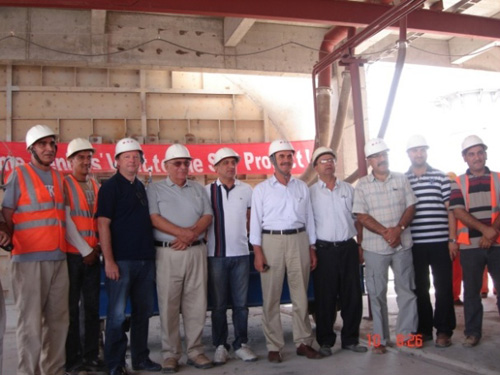
What are the main advantages offered by the Iraqi market?
Gérôme: In my experience, Iraqi business people are dedicated and take their work very serious. Furthermore, there is a lot of capital available in the market and Iraqi’s are constantly looking for foreign partners. Before the war, the country was nearly self sufficient, whereas currently, there is an enormous under capacity in production, with the country manufacturing very few goods of its own. In the Iraqi cement sector, most plants are state owned and have production levels which are below nominal capacities. This allows the private sector to build plants and sell their entire production without having to enter into a price war. I would really like to stress that there is an enormous opportunity for companies to fill this vacuum.’ The latter point is echoed by Mr. Gils: ‘Opportunities abound in the Iraqi market for Waterleau as sectors of infrastructure, water, oil and gas are requiring our solutions. Sectors of oil and gas are steadily growing and bringing funds to Iraq which can be used for the development of all sorts of projects. Moreover, they allow Iraq to avoid total dependence on foreign financial support.’
Final question: what would be your piece of advice to Belgian and Luxembourg companies who want to develop their activities in the Iraqi market?
Gérôme: ‘In two words: develop contacts.’ Gils: ‘Focus on what you can bring to Iraq that might be of value to the country and its people. With regard to cultural aspects of which business people should be aware, I would simply say that, as in every country, you need to understand and respect local culture and adapt yourself to it. Waterleau applies this rule all over the globe.’
When asked whether they will be keeping a close eye on the Iraqi market in the near future, there is little hesitation: both gentlemen expect Iraq to remain a key market for quite some time to come.




